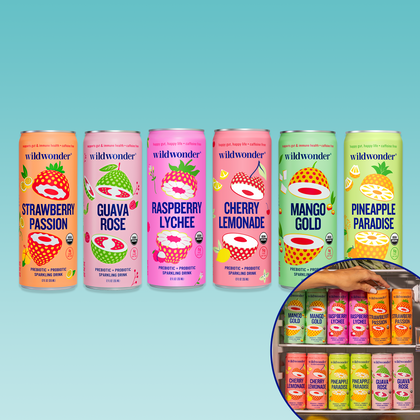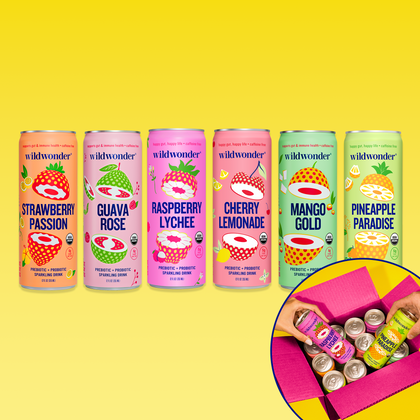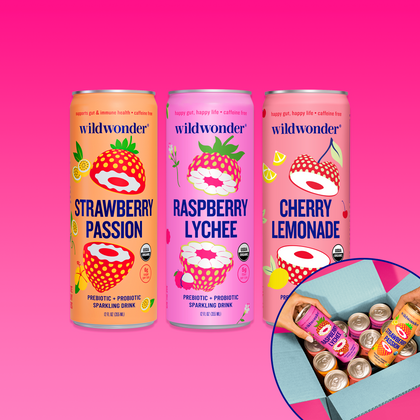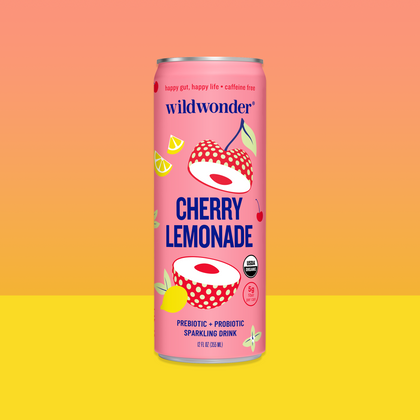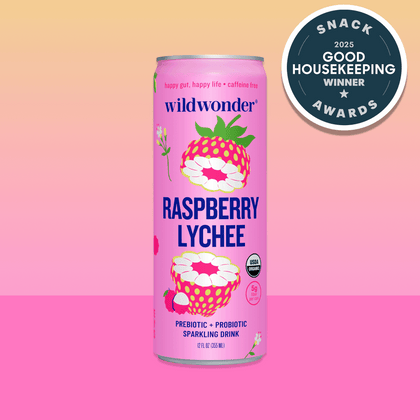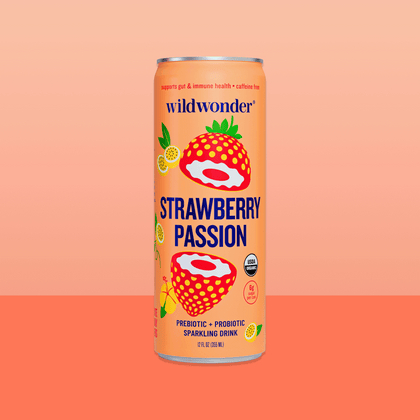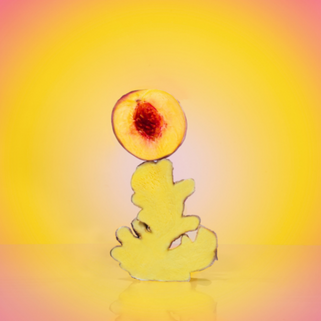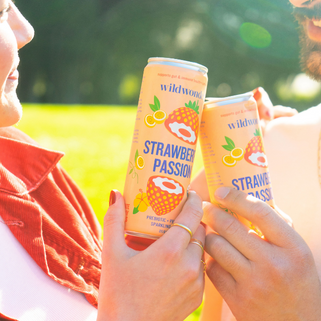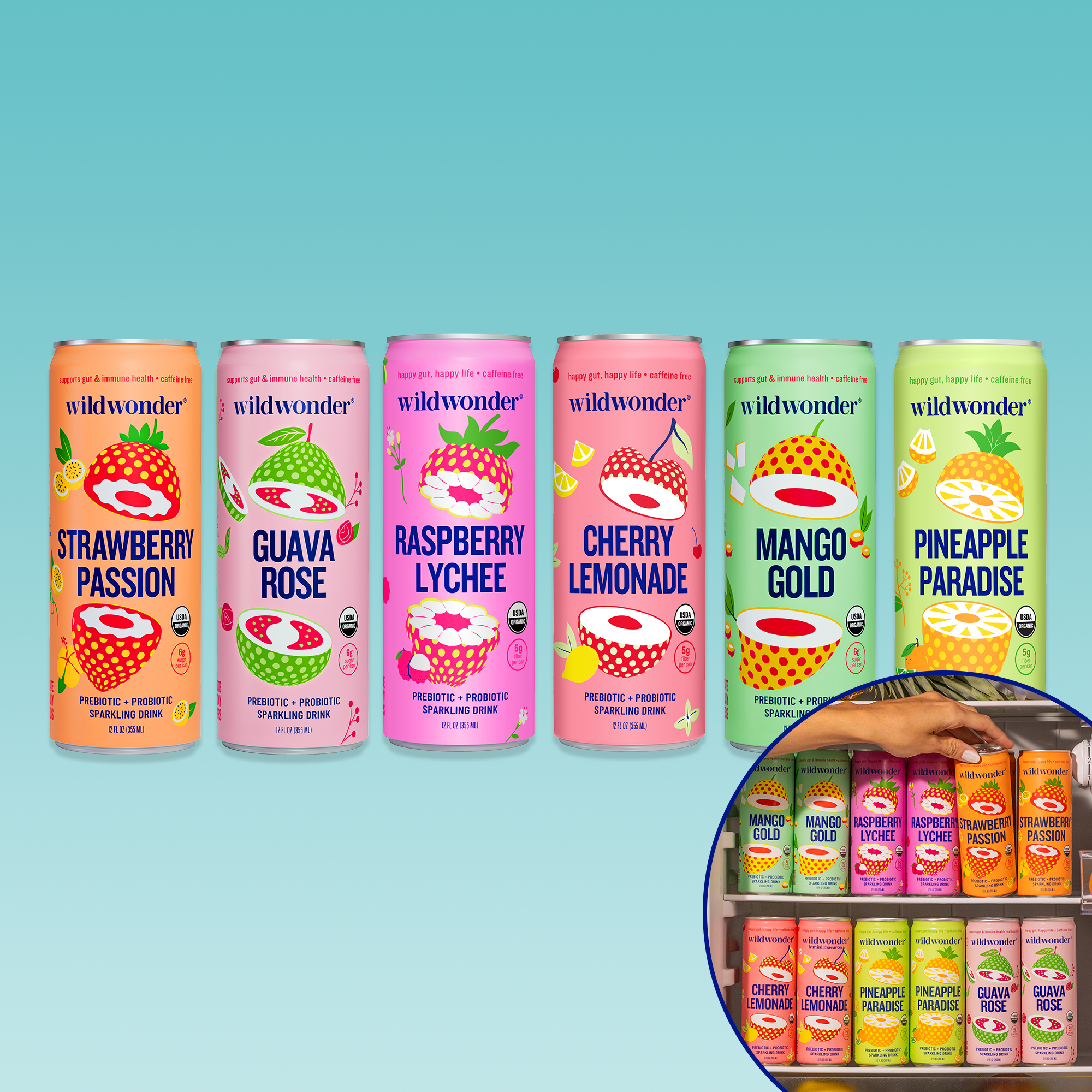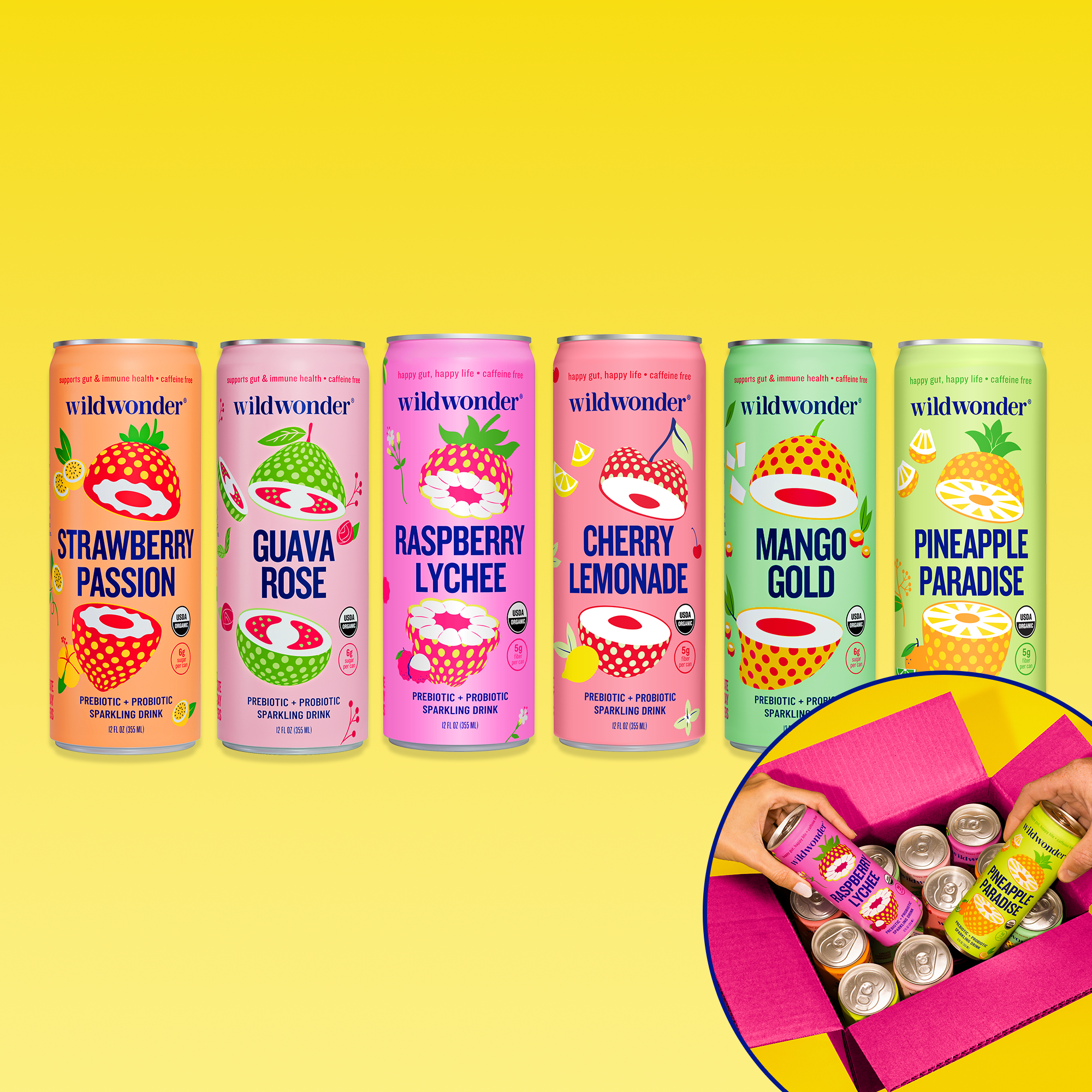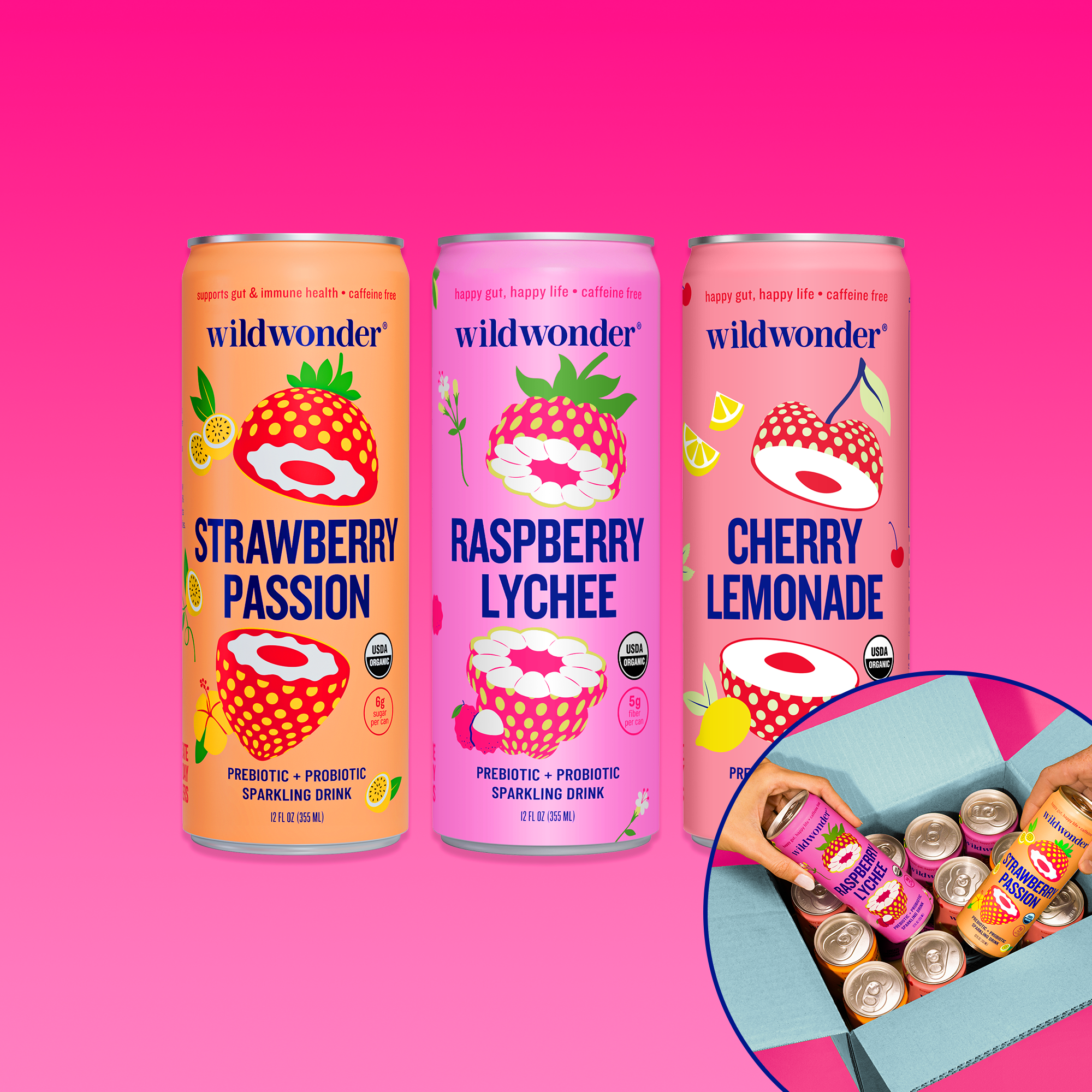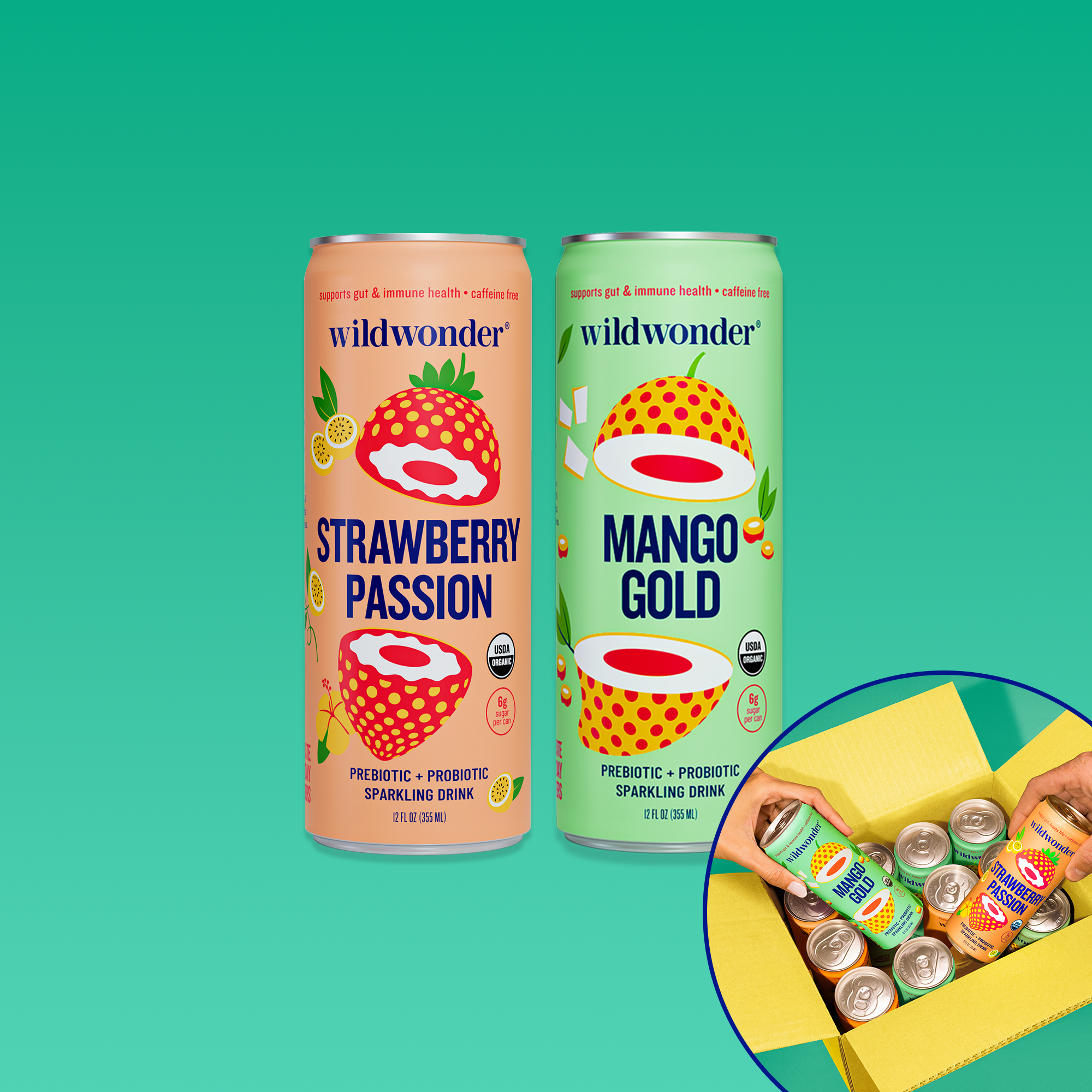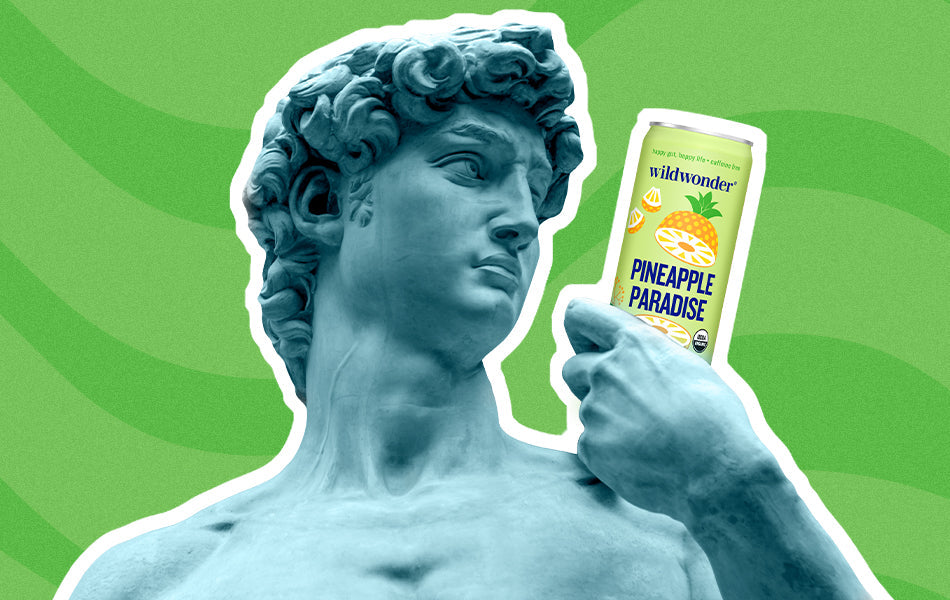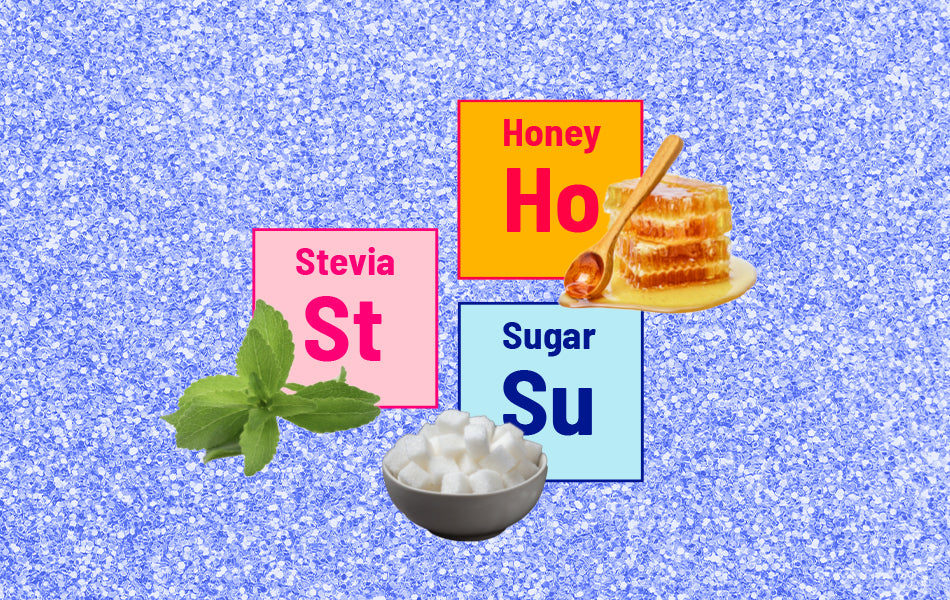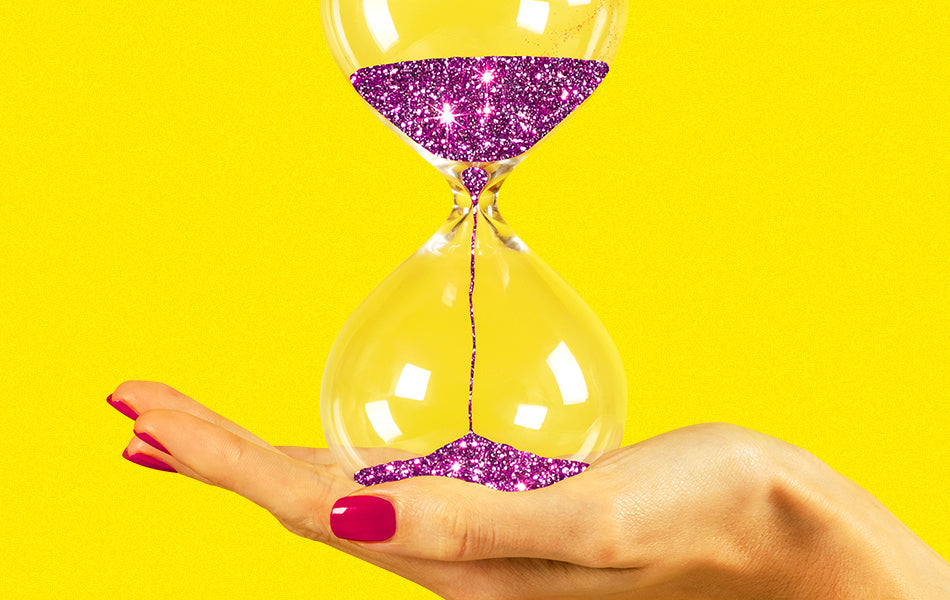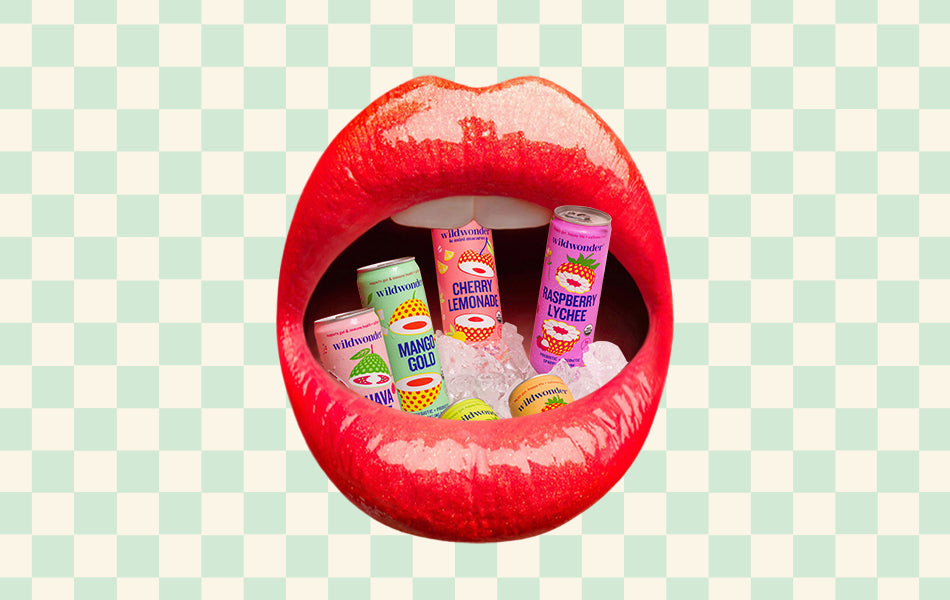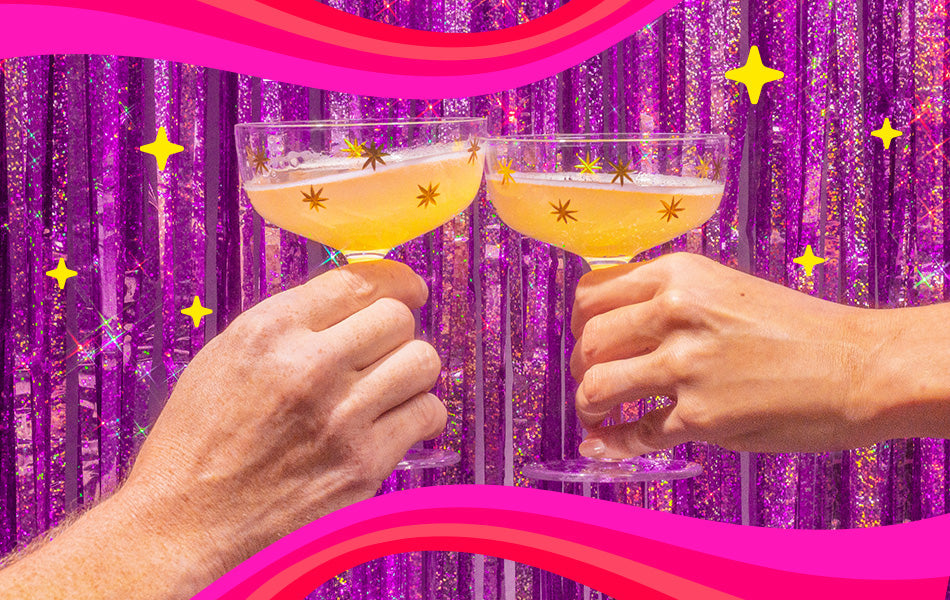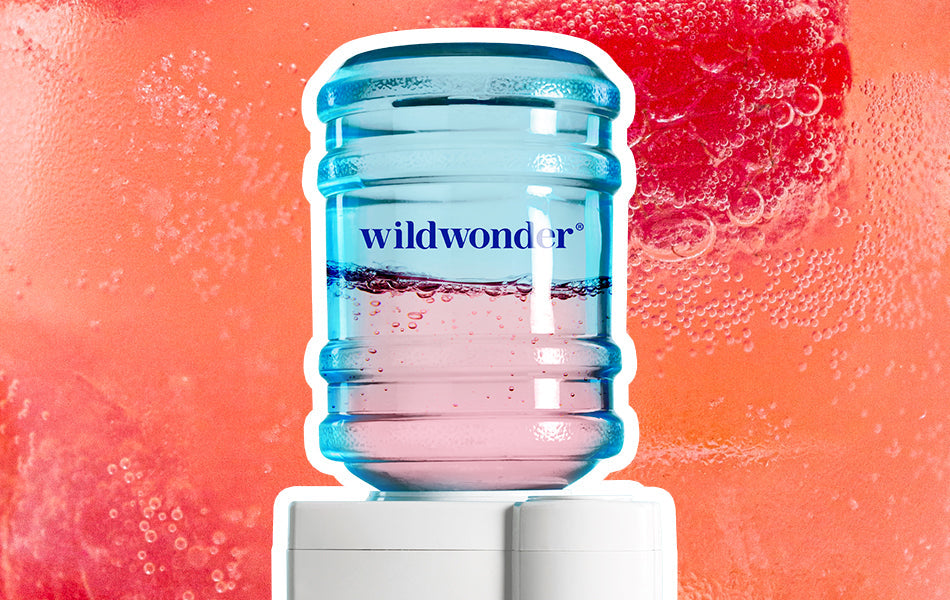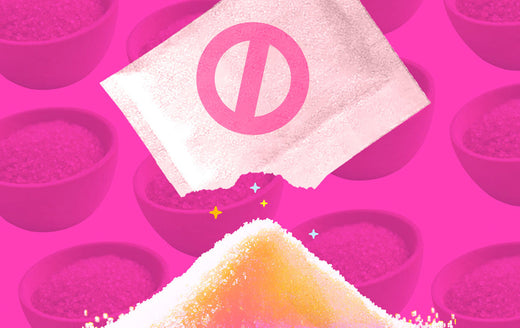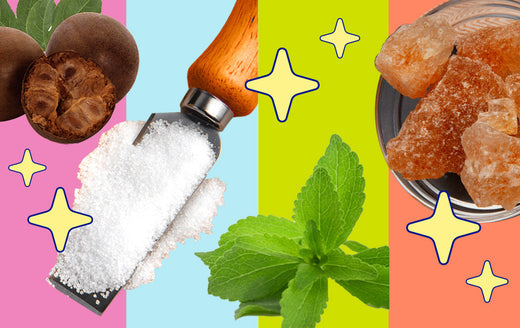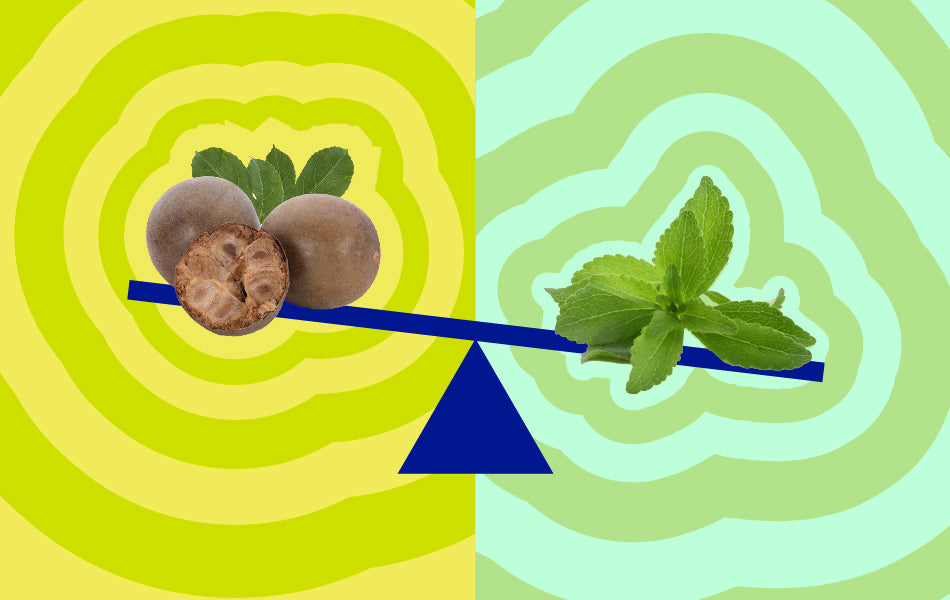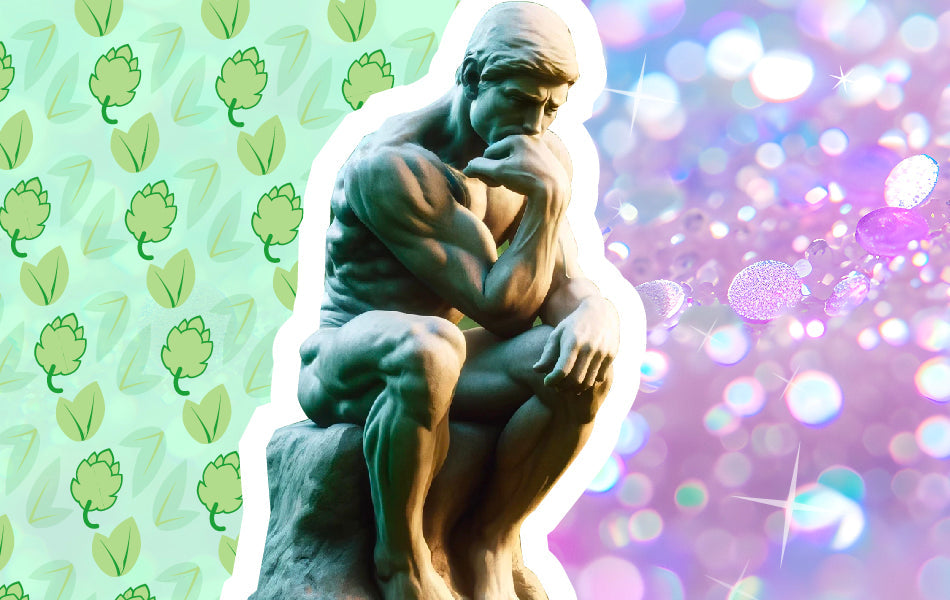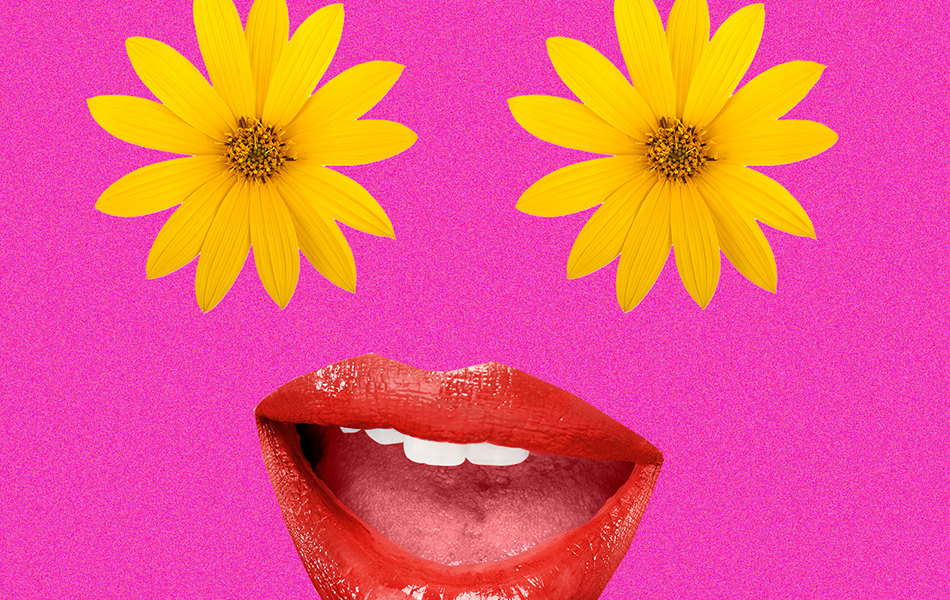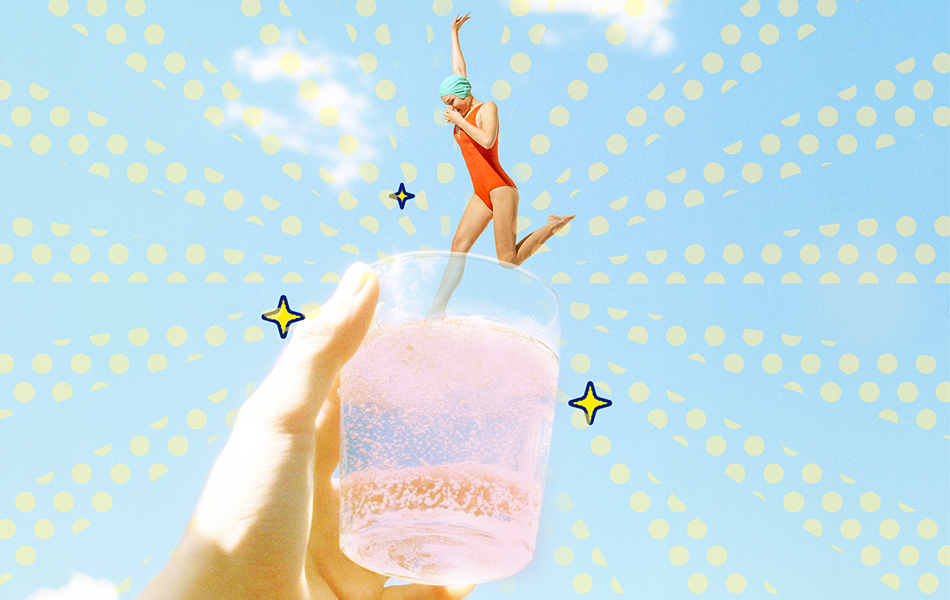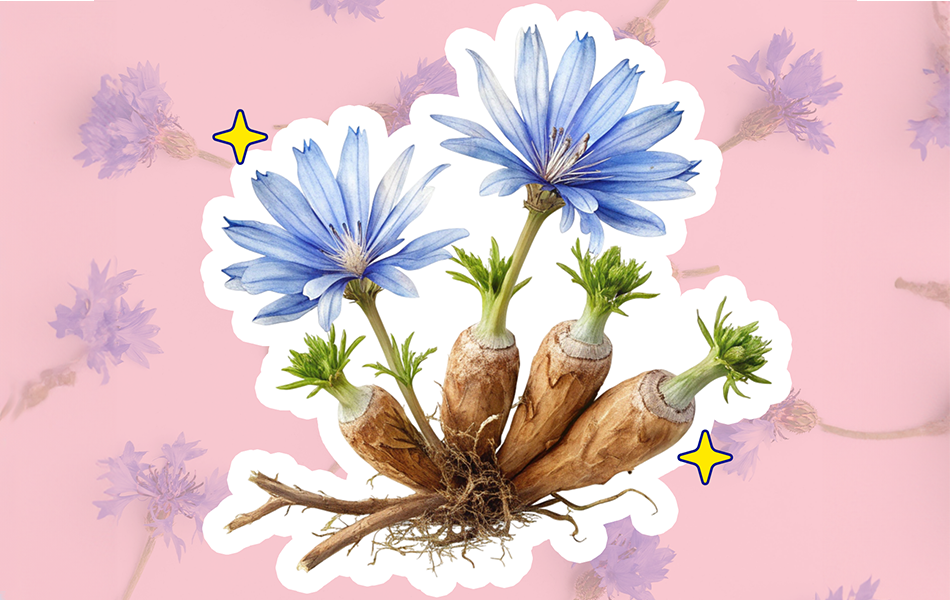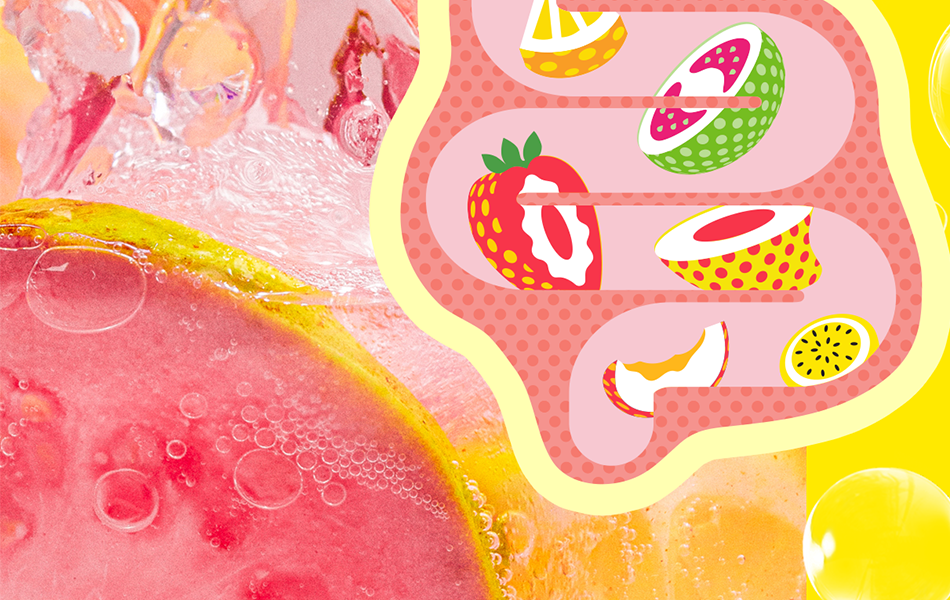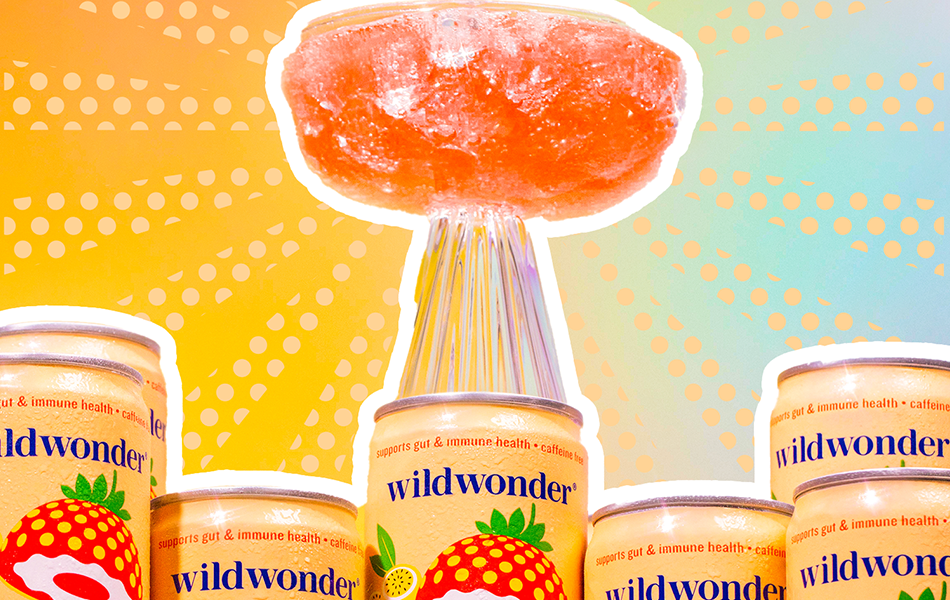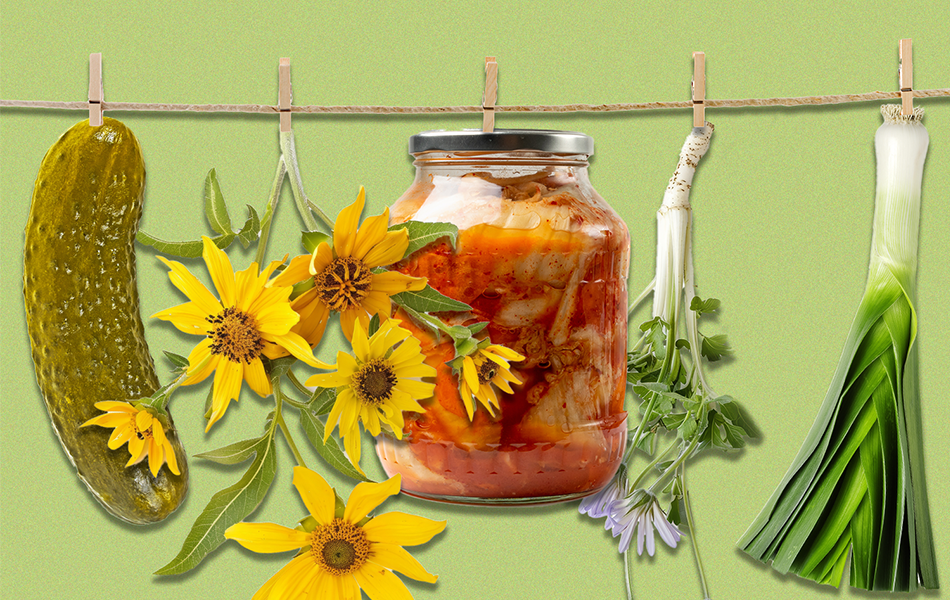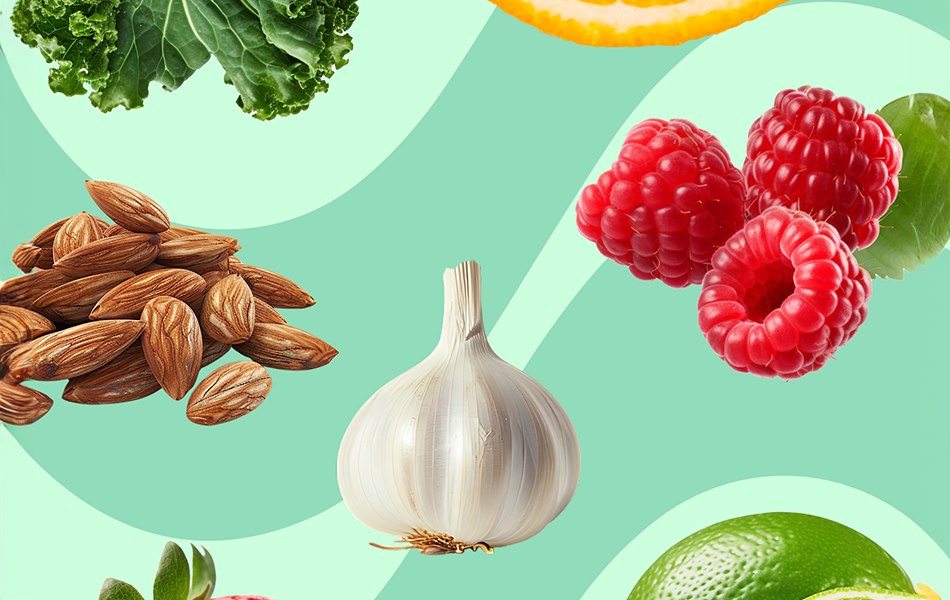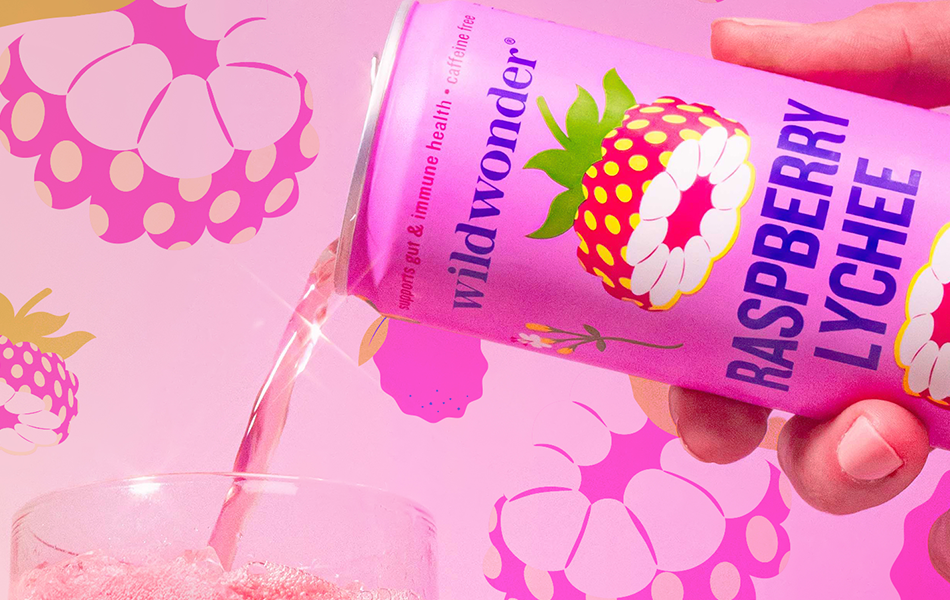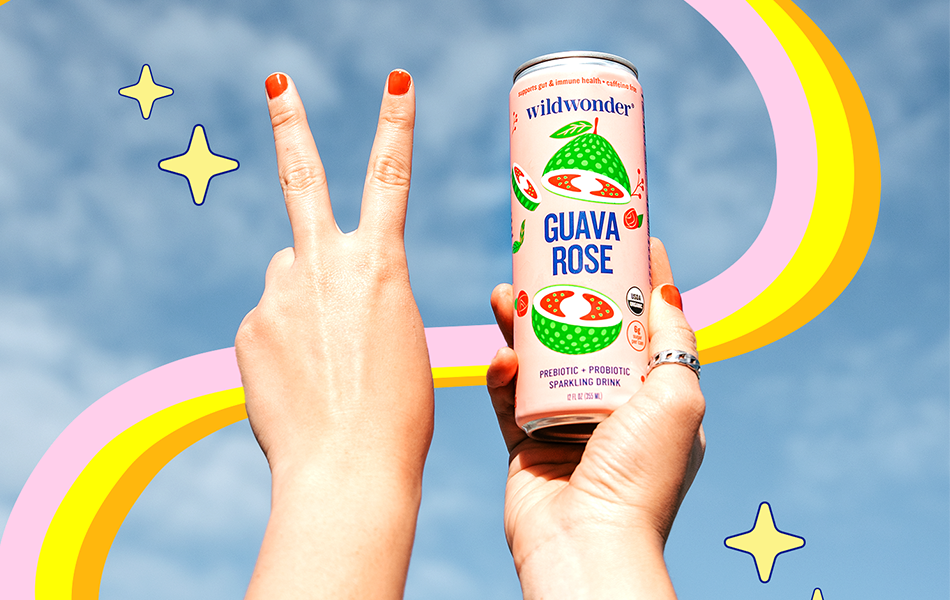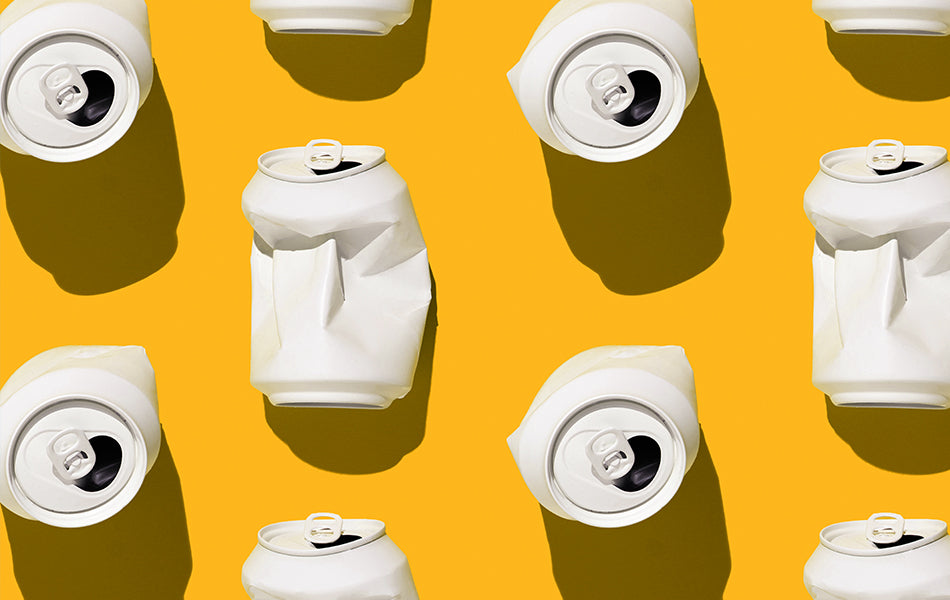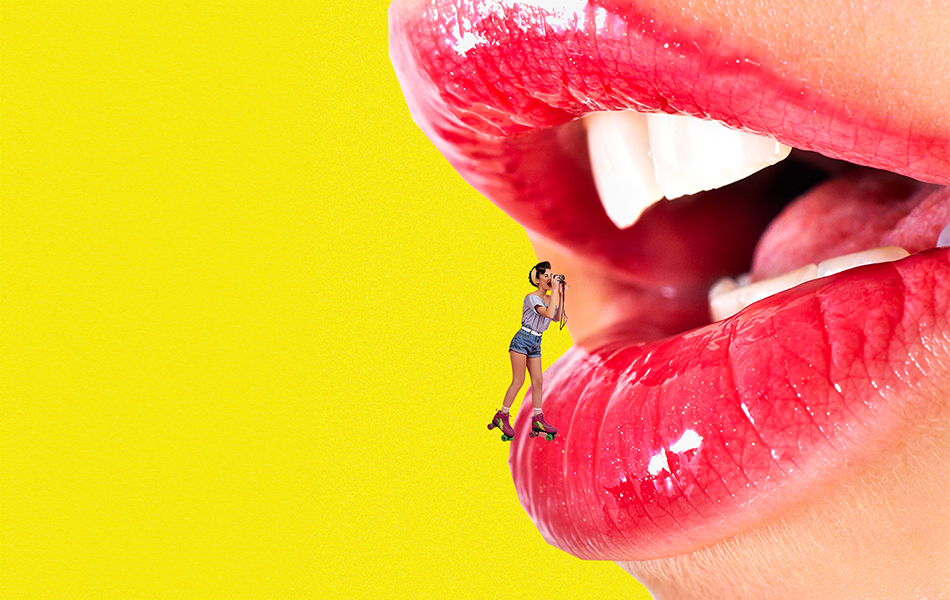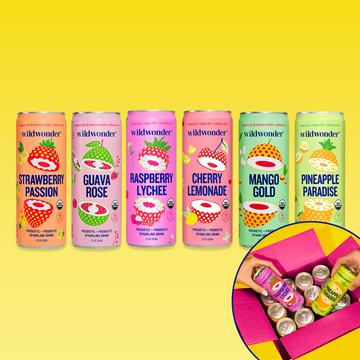Soda has become a popular go-to beverage for millions of people around the world. Its fizzy texture, sugary taste, and countless flavor options can make it hard to resist. Whether it’s a staple at every meal or just an occasional treat, many of us don’t think twice about reaching for a can when we’re thirsty. But have you ever stopped to wonder how much soda might be too much and what it could be doing to your body?
Sugar sweetened beverage intake is often associated with various health risks, particularly an increased likelihood of developing certain cancers. Studies indicate that high consumption of sugary drinks, which are high in added sugars, can lead to more severe outcomes in specific populations, illustrating a significant relationship between these beverages and cancer risk. Excessive consumption of added sugars can also elevate triglyceride levels and increase the risk of heart disease.
Let’s dive into the symptoms of excessive soda intake and how you can break the habit—with smarter, gut-friendly alternatives like wildwonder.
What Is Considered “Too Much” Soda?
Did you know that the average can of soda packs more sugar than the daily limit recommended by the American Heart Association? For men, the guideline is no more than 36 grams of sugar per day, while for women, it’s just 25 grams. To put that into perspective, a single 12 oz can of regular soda contains around 39 grams of sugar – that’s already over the limit! Most of this sugar comes from high fructose corn syrup, which is made up of glucose and fructose. Excessive consumption of fructose, often found in sugary drinks, can lead to health issues such as nonalcoholic fatty liver disease, weight gain, and increased risks for various metabolic conditions. Regular consumption of sugary drinks like soda can contribute to issues such as weight gain, tooth decay, and an increased risk of chronic conditions like diabetes and heart disease over time.
And if you’re reaching for diet soda as a healthier alternative, you might want to think twice. While these drinks don’t contain sugar, they’re often loaded with artificial sweeteners and chemical additives. Studies suggest that these ingredients may disrupt gut health, potentially leading to digestive issues, metabolic concerns, and sometimes even cravings for more sugar. Whether it’s regular or diet, forming a habit of drinking soda every day can sneakily take a toll on your body, making it worthwhile to explore healthier beverage options.
Physical Symptoms of Excessive Soda Consumption
Soda and other soft drinks are often go-to beverages for many, but drinking them in excess can take a toll on your body – particularly your digestive system. Below, we’ll break down some common symptoms to help you better understand how soda and soft drinks affect your gut health. The effects of drinking too much soda include health repercussions such as jitteriness, weight gain, and heart issues, highlighting the importance of understanding these health effects to make informed dietary choices.
Digestive System Symptoms
Stomach Pain and Bloating
Ever feel uncomfortably full or bloated after drinking soda? That’s often due to its carbonation. The fizz that makes soda so refreshing also introduces gas into your digestive system, which can lead to painful bloating and stomach discomfort. When you combine carbonation with soda’s high sugar content and food coloring, it can feed harmful gut bacteria, creating an imbalance that disrupts digestion even further.
Acid Reflux and Heartburn
Feeling a burning sensation in your chest or throat after drinking soda? This is often caused by acid reflux. The combination of carbonation and the acids found in soda—phosphoric acid and carbonic acid—can relax the lower esophageal sphincter (a muscle responsible for keeping stomach acid in its place). When this muscle relaxes, it makes it easier for stomach acid to travel upward, causing heartburn or that uncomfortable reflux feeling.
Disrupted Gut Microbiome
Your gut health is closely tied to what you consume, and excessive soda may wreak havoc on the balance of your gut microbiota. Both the high sugar content in regular soda and the artificial sweeteners in certain diet varieties may reduce the diversity of gut bacteria. Since your gut microbiome can play a key role in immune function, digestion, and even your mood, an imbalance can affect your overall health and well-being. Over time, this disruption might weaken your immune system and make you feel sluggish or more prone to illness.
Keeping these potential issues in mind can help you balance your consumption and make healthier choices for a happier digestive system!
Metabolic Symptoms
Weight Gain and Increased Abdominal Fat
Consuming sugar-sweetened beverages, such as soda, can lead to a noticeable increase in belly fat, or fat that accumulates around your internal organs, contributing to excess fat in the body. This type of fat isn’t just about aesthetics; it’s a primary contributor to metabolic diseases like diabetes and heart disease. Regular soda consumption encourages weight gain, especially around the midsection, creating a higher risk for developing long-term health issues.
Blood Sugar Fluctuations
Soda is loaded with refined sugars that rapidly spike your blood sugar levels. High fructose intake, in particular, can exacerbate these spikes. While this may provide a short-term energy boost, it’s often followed by a sharp crash, leaving you feeling tired and sluggish. Over time, frequent spikes and crashes can strain your body’s ability to regulate the hormone insulin, which is crucial for driving glucose into cells and maintaining stable blood sugar levels. This strain can promote insulin resistance – especially when combined with a sedentary lifestyle. This may increase your chances of developing type 2 diabetes.
Increased Sugar Cravings
Frequent soda consumption can rewire your brain’s reward system, leading to a higher sweet tolerance and making you crave more sugar with each sip. The sweetness in soda is far above what occurs naturally in most foods, and as a result, your tolerance for sugar increases. This makes healthier, naturally sweet options like fruit seem less satisfying, potentially pulling you toward more sugary, processed choices over time.
Oral Health Symptoms
Tooth Decay and Cavities
Excessive soda consumption may impact oral health, particularly in the form of tooth decay and cavities due to the liquid sugar present in these beverages. The sugar content in soda acts as food for harmful bacteria in the mouth, allowing them to thrive and produce acids that attack tooth enamel. At the same time, soda’s inherent acidity, including phosphoric acid, compounds the problem by further eroding enamel, leaving teeth more vulnerable to decay. Over time, this combination can lead to cavities, increased tooth sensitivity, and even contribute to the development of gum disease if left unaddressed.
Bad Breath and Dry Mouth
Drinking soda may also result in persistent bad breath and a dry mouth due to its carbonation. Soda may dehydrate the body and disrupt the natural pH balance of the mouth, creating an ideal environment for odor-causing bacteria to flourish. A dry mouth amplifies this effect as saliva, which acts as a natural defense by washing away bacteria, becomes less effective. Addressing soda consumption is an important step in maintaining healthy and fresh-smelling breath while supporting overall oral hygiene.
Behavioral and Cognitive Symptoms
Caffeine-Related Symptoms
Difficulty Sleeping, Jitters, and Headaches
Many sodas contain caffeine, which can have a noticeable impact on your daily life. Consuming too much caffeine can lead to various negative health effects, such as jitters, irritability, sleep problems, and increased blood pressure. Caffeine is a stimulant, and consuming it through soda can disrupt your sleep patterns, making it harder to fall asleep or stay asleep. Even in small amounts, it may leave you feeling jittery or anxious, especially if consumed in the evening or if you’re sensitive to caffeine. Struggling to cut back? It’s worth noting that reducing soda intake can lead to temporary withdrawal symptoms. Headaches, irritability, and fatigue are common, but they typically fade within a few days as your body adjusts.
Psychological Symptoms
Mood Swings and Habitual Cravings
Soda’s high sugar content can activate the brain’s reward system, causing spikes and crashes in your blood sugar levels, leading to mood swings, irritability, and brain fog. These sudden shifts in energy may interfere with your focus and productivity, leaving you feeling drained. Additionally, soda can increase food cravings by affecting the brain's reward pathways, making you more likely to consume more food later. Over time, drinking soda can also become a deeply ingrained habit. Emotional triggers or a daily routine can reinforce the craving for a sweet, fizzy drink, making it hard to resist. Breaking free from the cycle often requires addressing the emotional and habitual aspects, reminding yourself of the long-term benefits of cutting back.
Long-Term Health Risks of Excessive Soda Consumption
Beyond the symptoms above, regularly drinking soda—whether regular or diet—is linked to serious health conditions, including:
-
Type 2 diabetes
-
Heart disease
-
Kidney stones
-
Bone density loss
-
Liver fat accumulation
-
Metabolic syndrome and high blood pressure
Excessive consumption of sugar-sweetened beverages is particularly concerning due to the increased risk of heart disease. Sugary drinks contribute to weight gain, elevated triglyceride levels, and metabolic health issues, all of which can further elevate heart disease risk.
High uric acid levels, often caused by sugar-sweetened beverages containing fructose, can lead to the formation of crystals in joints, causing inflammation and pain associated with gout. Elevated uric acid levels are also linked to an increased risk of developing other conditions.
Research shows that reducing soda intake can dramatically improve these outcomes over time.
How to Reduce Your Soda Consumption
Gradual Reduction Techniques
Cutting back on soda doesn’t have to feel overwhelming, and taking small steps can make the process more manageable. One effective method is to start diluting soda with sparkling water. This approach allows you to enjoy the fizzy sensation you love while gradually reducing the sugar and caffeine content. Another helpful tip is to set realistic daily or weekly limits that you can stick to. For example, if you typically drink three sodas a day, try reducing it to two for a week before cutting back further. Additionally, swapping out one soda per day for a healthier alternative, like flavored water, unsweetened iced tea, or wildwonder, can make a big difference over time. These gradual changes allow your palate to adjust while maintaining a sense of balance and control during the reduction process. Introducing 100% fruit juice as a healthier alternative can also be beneficial, but it’s recommended to limit consumption to one serving per day due to its caloric content. For a lower-calorie option, consider mixing fruit juice with sparkling water. Another great way to enhance the flavor of water is by infusing it with fresh fruit like lemon, lime, melon, or berries, providing essential nutrients and a refreshing taste.
Healthier Soda Alternatives
Sparkling Water Options
Whether you prefer flavored or plain, sparkling water is a refreshing way to satisfy your craving for fizz without any added sugar or artificial sweeteners. With a variety of natural flavors to choose from—such as lemon, berry, or even a splash of grapefruit—there’s something for everyone. Unlike soda, these choices allow you to enjoy the bubbles guilt-free, keeping things simple and clean.
Prebiotic and Probiotic Beverages
For a drink that provides both prebiotics and probiotics, enter wildwonder – a beverage crafted to do more than just quench your thirst. Infused with prebiotics, live probiotics, and botanicals, wildwonder supports your digestion, mood, and overall gut health. Instead of relying on artificial sweeteners or refined sugars, these drinks are naturally sweetened with the goodness of fruit and herbs, delivering a vibrant flavor that won’t leave you with the typical sugar crash.
Explore how wildwonder compares to diet soda, or read about how gut health impacts your mind.
Herbal Teas and Infusions
For a calming, caffeine-free alternative, herbal teas and infusions are a great option. Packed with enticing flavors like mint, berry, or cinnamon, they offer a cozy and satisfying experience when you're looking to unwind. Not only do they provide warmth and comfort, but they’re also a soothing way to handle cravings while enjoying a moment of mindfulness.
Tracking Your Progress
Making the switch away from soda can feel challenging, but tracking your progress is a powerful way to stay motivated. Using a journal or a habit tracker allows you to monitor any changes in your symptoms, celebrate reduced cravings, and acknowledge every milestone you hit along the way. Small victories add up, and seeing your achievements on paper can make the journey rewarding and affirming!
When to See a Doctor
If soda-related symptoms persist—even after cutting back—it might be time to talk to your doctor, especially if you experience:
-
Chronic acid reflux
-
Severe headaches
-
Unexplained weight gain
-
Persistent fatigue
-
Signs of kidney issues or insulin resistance
High-sugar beverage consumption, particularly soda, has been linked to serious health conditions such as kidney disease and can increase uric acid levels, which may lead to gout.
Conclusion: Embracing Healthier Habits
Adopting healthier habits is one of the most rewarding choices you can make for your overall well-being. While soda may provide a momentary burst of sweetness and energy, the consequences of excessive consumption—ranging from gut imbalances to increased risk of chronic conditions like diabetes—highlight the importance of making mindful beverage choices. Breaking the cycle of reliance on sugary drinks can seem daunting, but with new awareness of the signs of overindulgence, you are empowered to take control of your health. wildwonder offers a refreshing alternative, combining gut-friendly ingredients and delicious flavors to make the transition enjoyable and sustainable. Choosing nourishing options not only supports your gut health but also positively impacts your energy levels, mood, and long-term vitality. Every small step toward healthier habits is a step closer to a happier, more balanced you.
Adopting healthier habits can significantly improve your overall well-being. Regular exercise, a balanced diet, and adequate sleep are fundamental components of a healthy lifestyle. Additionally, managing stress and staying hydrated are crucial for maintaining both physical and mental health.
Reducing sugar consumption, particularly from sugar-sweetened beverages, can also have a profound impact on your health by lowering the risk of developing serious conditions such as type 2 diabetes and heart disease. While sodas are not a significant source of saturated fat, they still pose health risks primarily due to their high sugar content.
FAQs about Drinking Too Much Soda
How many sodas per day is too many?
Even one soda per day can exceed your recommended sugar intake. Aim for less than one per week, if at all.
What happens to your body when you stop drinking soda?
You may experience withdrawal symptoms at first, but within days to weeks, your energy levels, digestion, and mood will likely improve.
Can drinking too much soda cause stomach pain?
Yes. Carbonation, sugar, and caffeine can contribute to bloating, acid reflux, and general discomfort.
How does soda affect your gut health?
Drinking soda can have an impact on your gut health due to its high sugar content and acidity. The sugar in soda can sometimes lead to imbalances in your digestion, while the acidity may irritate the stomach lining for some individuals. Over time, excessive soda consumption might disrupt the natural balance in your gut, which is essential for overall health and well-being.
Is diet soda better for you than regular soda?
Not necessarily. Diet sodas often contain artificial sweeteners that may still disrupt gut health and increase cravings, but more data is needed to confirm this.
What are the best alternatives to soda for satisfying cravings?
Try sparkling water, herbal tea, or wildwonder—our prebiotic, probiotic-packed drink with flavor and fizz, minus the sugar crash.
How long does it take to break a soda habit?
It varies, but most people feel noticeable improvements within 2–4 weeks of reducing or eliminating soda.
Ready to kick your soda habit? Start fresh with wildwonder’s gut-friendly, sparkling alternatives and feel the difference with every sip.
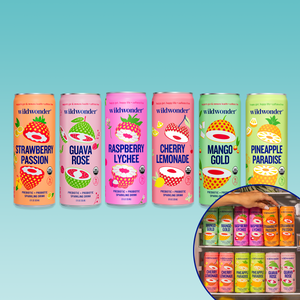 Shark Tank Bundle
Shark Tank Bundle
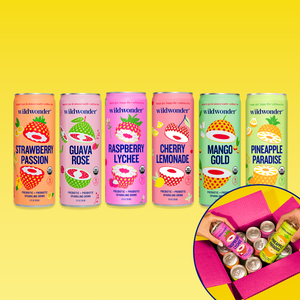 Classic Variety Pack
Classic Variety Pack
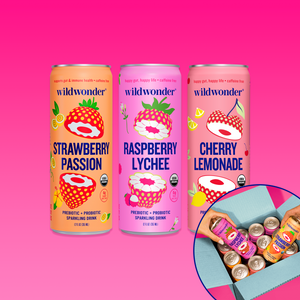 Very Berry Variety Pack
Very Berry Variety Pack
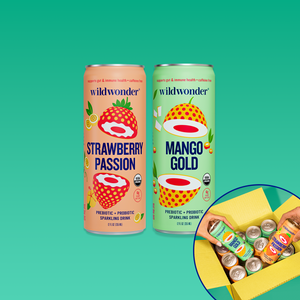 Rosa's Favorite Variety Pack
Rosa's Favorite Variety Pack
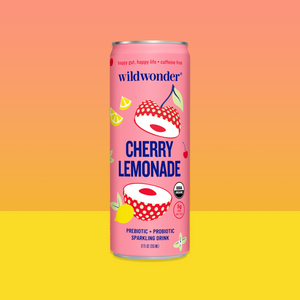 Cherry Lemonade
Cherry Lemonade
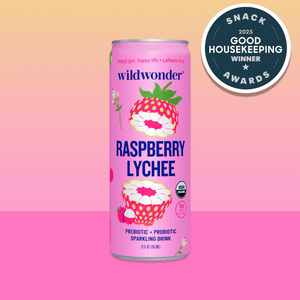 Raspberry Lychee
Raspberry Lychee
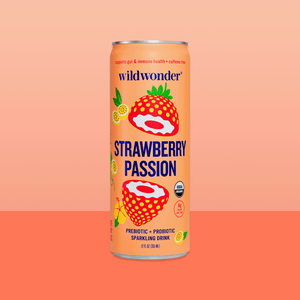 Strawberry Passion
Strawberry Passion
 Pineapple Paradise
Pineapple Paradise
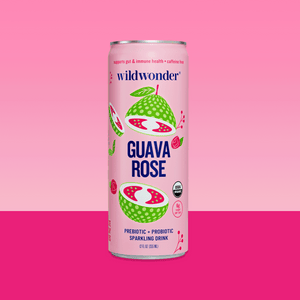 Guava Rose
Guava Rose
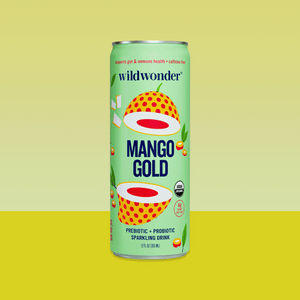 Mango Gold
Mango Gold
 Blackberry Violet Gift Set
Blackberry Violet Gift Set
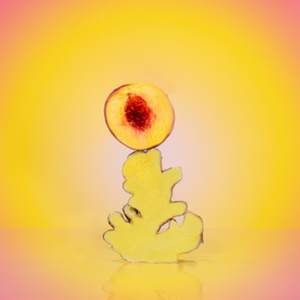 Blog
Blog
 Our story
Our story
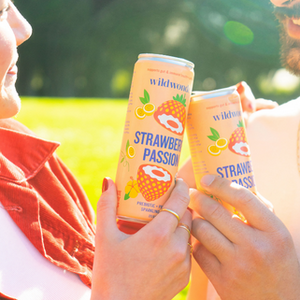 Impact
Impact
